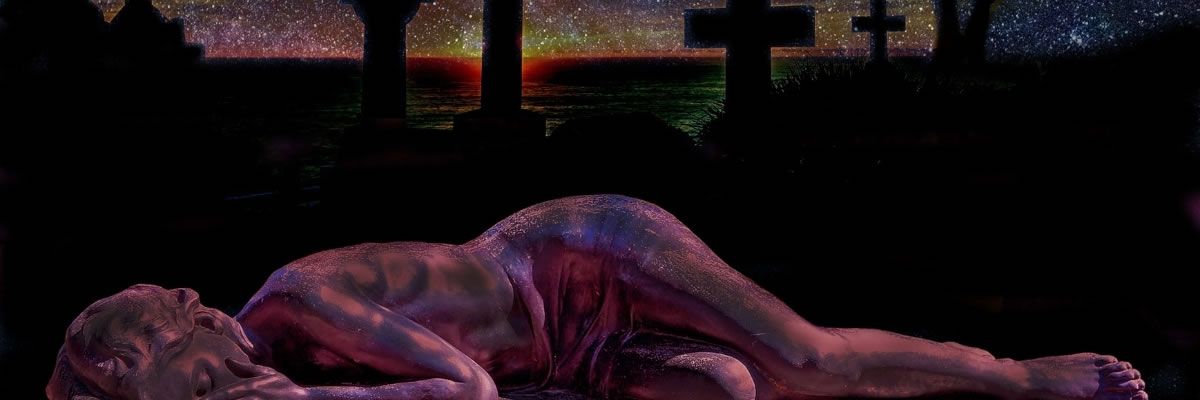
When we celebrate Holy Week, we usually forget about Holy Saturday. This is a mistake. In our rush to get over Good Friday and rejoice on Easter Sunday, we don’t let the lessons of the cross truly reshape our thinking.
We don’t want to interrogate the role we play in injustice. We don’t mourn for the lives needlessly lost. We forget that the crucifixion didn’t need to happen in the first place.
Imagine that you were one of the first disciples. You gave up everything to follow Jesus of Nazareth. He preached about this new world that was coming, a world where prisoners would be set free, where the poor would finally have security, where all sickness would be healed. Then he was humiliated and killed, his vision for a new world seemingly snuffed out, and you have become an outlaw.
Now imagine that you are a Roman soldier. You led this rabble-rouser up to the spot where he was killed. Maybe you drove in one of the nails yourself. You mocked him as he gasped his last breath. And then, when he died, you began to realize how mistaken you were. You saw that he wasn’t guilty, and that you were part of a cruel system that killed an innocent person (cf. Lk 23: 33-49).
Holy Saturday is a day to remember all this. In Fratelli Tutti, Pope Francis makes it clear that if we want to build a better world for future generations, we have to remember the harm we've caused and also the good things we did.
“It is a memory that ensures and encourages the building of a more fair and fraternal future. Neither must we forget the persecutions, the slave trade and the ethnic killings that continue in various countries, as well as the many other historical events that make us ashamed of our humanity. They need to be remembered, always and ever anew. We must never grow accustomed or inured to them.
Nowadays, it is easy to be tempted to turn the page, to say that all these things happened long ago and we should look to the future. For God’s sake, no! We can never move forward without remembering the past; we do not progress without an honest and unclouded memory. … [But] I think not only of the need to remember the atrocities, but also all those who, amid such great inhumanity and corruption, retained their dignity and, with gestures small or large, chose the part of solidarity, forgiveness and fraternity. To remember goodness is also a healthy thing.” (Fratelli Tutti, nos. 248-249).
In the 1960s, humans began to notice how our indiscriminate use of pesticides was poisoning the environment. In the United States, this spurred the creation of the Environmental Protection Agency. In many countries around the world, some of those pesticides were banned.
Then in the 1970s, humans began to notice how our use of certain pollutants was depleting the ozone layer. In 1987, dozens of countries signed the Montreal Protocol banning the production of CFCs, halons, and other ozone-depleting chemicals. In the early 2000s, the ozone layer began to recover.
Then in the 1980s and 1990s, humans began to notice how our use of other pollutants was causing the planet to warm. The first World Climate Conference was held in 1979, the Climate Change Convention was adopted in 1992, and the Paris Agreement was signed in 2015. But despite these efforts, the planet’s temperature continues to rise.
There is a pattern here. Because we do not remember the atrocities we've committed in the past or even our acts of service and sacrifice, we never permanently change our behavior.
Like the disciples on the first Holy Saturday, we must mourn for the victims of each crucifixion and notice how each injustice is one instance in a cycle of violence. Only if we hold onto the memory of Good Friday and let it inform our choices moving forward, will we be able to break free from the cycle and rebuild in the wreckage.
- Log in to post comments
 St. Columban Mission for Justice, Peace and Ecology
St. Columban Mission for Justice, Peace and Ecology